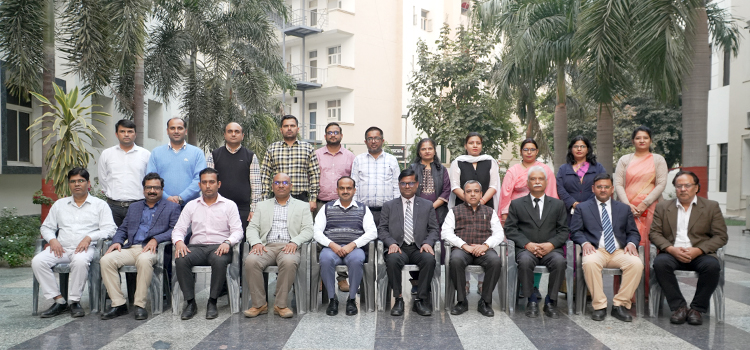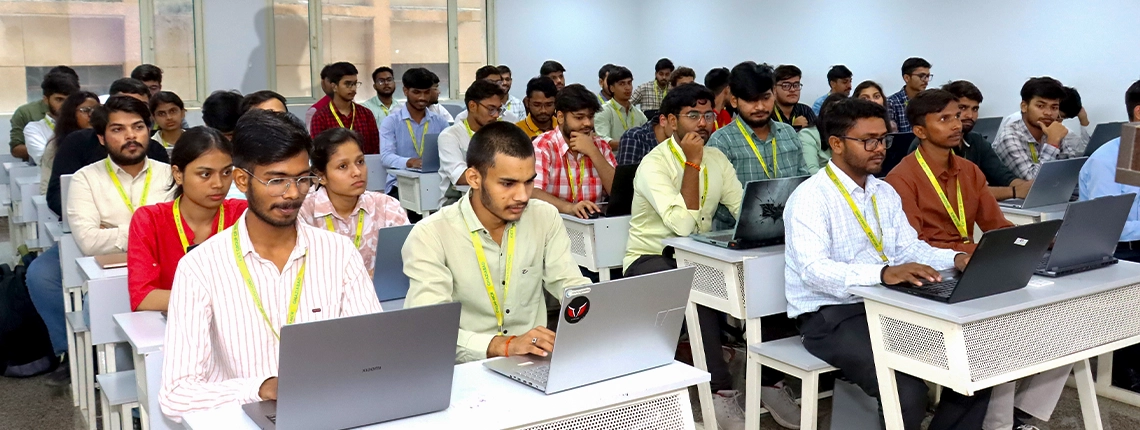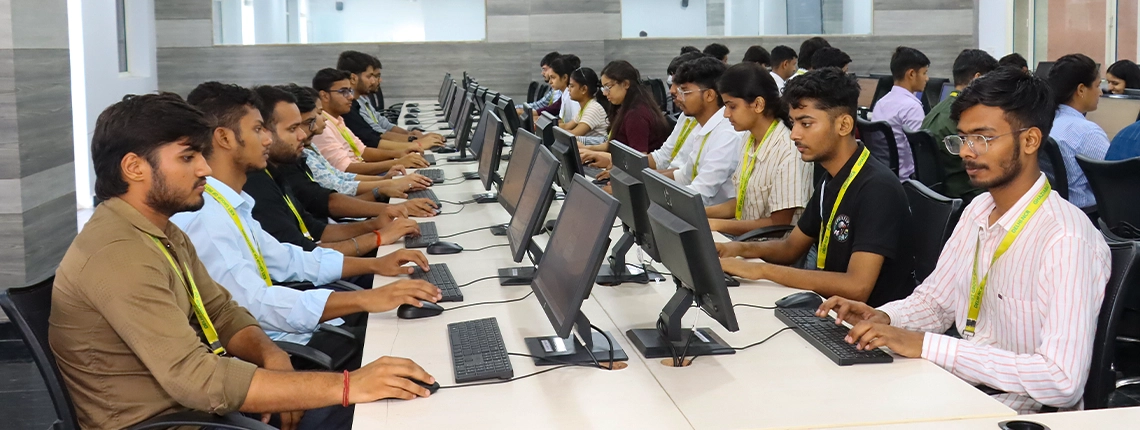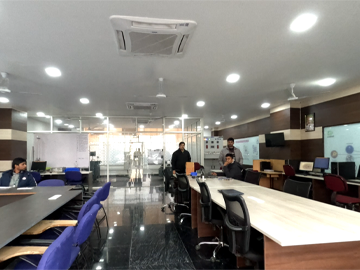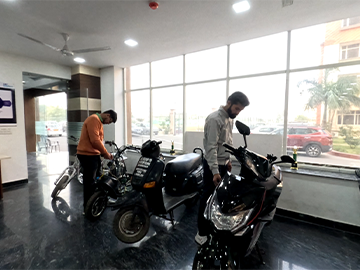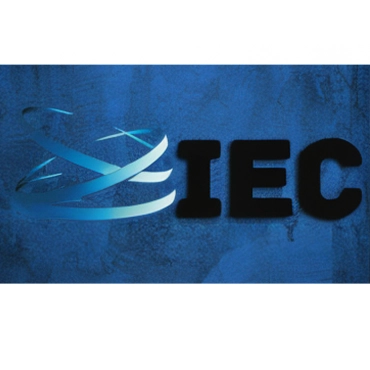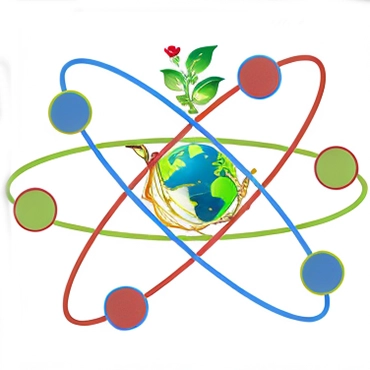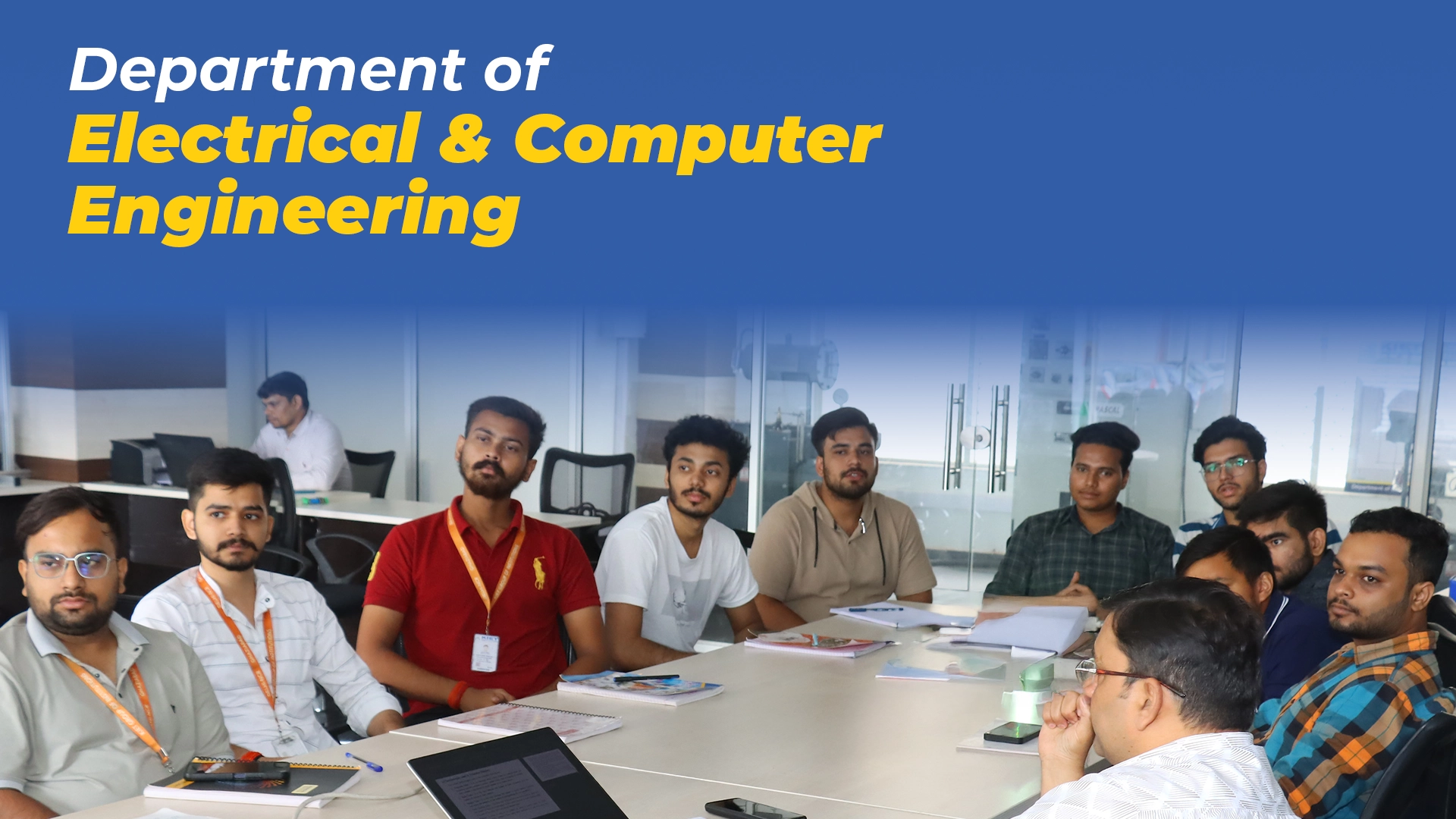Dean's Message
Welcome to the Department of Electrical and Computer Engineering (ELCE) at KIET, Ghaziabad.
It gives me immense pleasure to welcome you to a department that is dedicated to delivering high-quality education, fostering innovation, and nurturing excellence in the rapidly advancing domains of Electrical and Computer Engineering.
In today’s era of technological transformation driven by Artificial Intelligence, Machine Learning, Automation, and Digital Engineering, our mission is to prepare students who are not only technically proficient but also ethically grounded, innovative, and globally competent. The B.Tech. programme in Electrical and Computer Engineering is carefully structured to equip students with the skills, knowledge, and vision required to excel in both industry and academia.
Our strength lies in our committed faculty members, advanced laboratories, and robust industry collaborations. The department proudly features AI and ML–driven Software Computational Laboratories that provide students with hands-on experience in next-generation technologies. Students also engage in innovative live projects sponsored by industry, enabling them to solve real-world challenges, gain industry exposure, and build strong professional competencies.
We believe that education extends far beyond the classroom. Students are encouraged to participate in cutting-edge research, internships, professional workshops, and collaborative projects. These opportunities help them convert theoretical understanding into practical solutions and prepare them for leadership roles in emerging technological landscapes.
Our department consistently ensures excellent placement opportunities, supported by strong corporate linkages and the development of human values. We emphasize human ethics, professional integrity, social responsibility, and holistic development, ensuring that our graduates succeed not only in their careers but also as responsible global citizens.
At ELCE, you will be part of a vibrant academic ecosystem that fosters creativity, critical thinking, teamwork, and lifelong learning. Regular seminars, expert talks, and industry interactions help students stay aligned with global trends and build strong professional networks. On behalf of the department, I warmly welcome you and wish you a fulfilling, inspiring, and rewarding academic journey with us.
- Dr. Neeraj Kumar Gupta

